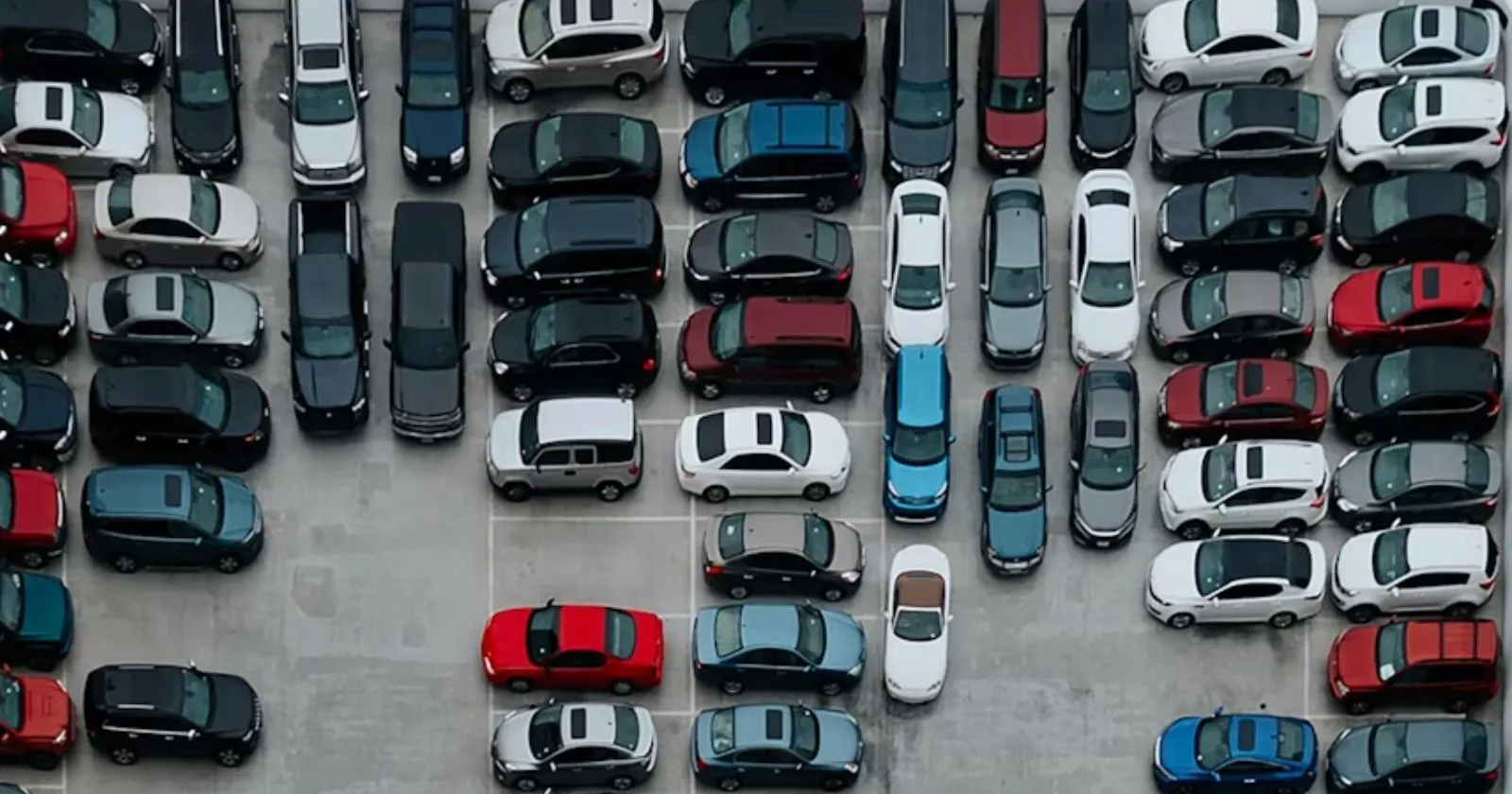
Japan's chief trade negotiator Ryosei Akazawa pushed for expedited implementation of the previously agreed reduction in US tariffs on Japanese automotive products and components.

Share Post

Japan's chief trade negotiator Ryosei Akazawa pushed for expedited implementation of the previously agreed reduction in US tariffs on Japanese automotive products and components.
Japan has stepped up efforts to secure prompt action from the US regarding previously negotiated automotive tariff reductions while seeking clarity on import duties for additional products, news agency Reuters reported on Thursday. These developments have surfaced as differing interpretations of their bilateral trade agreement continue to add strain to Japan Prime Minister Shigeru Ishiba's already vulnerable government.
During discussions with the US Secretary of Commerce Howard Lutnick in Washington on Wednesday, Japan's chief trade negotiator Ryosei Akazawa pushed for expedited implementation of the previously agreed reduction in US tariffs on Japanese automotive products and components, Japanese government statements were quoted in the report.
Also read: Trump's Tariff On India: Auto Parts Makers Face Disruption, EV Supply Chain Overhaul Likely
Akazawa additionally requested verification and "immediate execution" of bilateral agreements concerning US import duties on other Japanese products, the government announced in Thursday's official statement.
The diplomatic meeting took place just hours before President Donald Trump's expanded tariff regime took effect Thursday, affecting numerous trading partners. Japan has been working urgently to resolve discrepancies with Washington regarding specific provisions of their bilateral trade arrangement.
The agreement finalised last month established that the US would reduce tariffs on Japanese automotive imports to 15 per cent from the previous combined rate of 27.5 per cent. However, no implementation schedule was announced. While both nations agreed that US duties on most other Japanese imports would decrease to 15 per cent from 25 per cent starting Thursday, the absence of written documentation has created uncertainty about whether the new 15 per cent tariffs would be applied in addition to existing duties.
Japan maintains that both countries had reached an understanding that its imported goods would receive exemption from tariff "stacking," a practice where multiple tariff rates can be applied to the same products.
During parliamentary remarks on Tuesday, Akazawa highlighted Japan's position that products such as Japanese beef, which currently face tariffs exceeding 15 per cent, should not be subject to the additional 15 per cent rate.
However, a Federal Register document accompanying US President Trump's July 31 executive order addressing tariff rates for various trading partners included a "no stacking" provision for the European Union, while no equivalent clarification was provided for Japan. Japan's Asahi newspaper reported Thursday, citing an unidentified White House official, that the US intends to implement stacking, applying an additional 15 per cent to all Japanese imports regardless of existing tariff levels above 15 per cent.
Following the Asahi report, Chief Cabinet Secretary Yoshimasa Hayashi stated during a routine press conference that the US would likely avoid stacking 15 per cent tariffs onto existing duties. He indicated that Akazawa had received confirmation of this position from American counterparts during his Wednesday Washington visit.
These inconsistencies have intensified criticism of Ishiba in parliament and domestic media for failing to secure written documentation detailing the trade agreement specifics with the US
Ishiba has defended this approach, explaining to parliament on Monday that Japan chose to proceed without written statements to prevent potential delays in US tariff reductions.
Several lawmakers have cautioned that the lack of written confirmation could prove problematic given Trump's unpredictable decision-making patterns.
The uncertainty compounds difficulties for Japan's unstable government under Ishiba's leadership, as he confronts resignation demands following the ruling coalition's significant defeat in last month's upper house election.
"In negotiating with the US, Minister Akazawa at least ought to have nailed down exactly when US automobile tariffs would be lowered to 15 per cent," ruling party heavyweight and former trade minister Ken Saito told Reuters on Tuesday.
Yuichiro Tamaki, leader of opposition Democratic Party for the People, urged Akazawa to press Trump's administration harder to adhere to the bilateral agreement.
"After all, I do feel that a document on the agreement was necessary," Tamaki wrote in an X post on Thursday.
Next-Generation Toyota Fortuner Spied Test For The First Time
Acko Drive Team 22 Feb, 2026, 12:38 PM IST
New-Generation Audi RS5 Breaks Cover With 630 Bhp Plug-In Hybrid Powertrain
Acko Drive Team 22 Feb, 2026, 11:25 AM IST
Adani Group Planning To Resurrect Formula 1 In India, To Take Over Buddh International Circuit
Acko Drive Team 22 Feb, 2026, 9:24 AM IST
Tata Punch EV Facelift: All You Need To Know
Acko Drive Team 22 Feb, 2026, 7:00 AM IST
NHAI Proposes to End Cash Payments at Toll Plazas: Only FASTag and UPI to be Accepted
Acko Drive Team 21 Feb, 2026, 1:12 PM IST
Looking for a new car?
We promise the best car deals and earliest delivery!
